Communication Skills: Difficult Conversations
How does one broach a conversation that is difficult? It is honestly hard to say, with full accuracy, how one can begin a conversation that is difficult and will not end in hostile conflict. But there are things we can consider when approaching a topic that is sensitive and difficult.
But before we get to that, let us discuss the fact that we avoid difficult conversations. A question I hear often when I speak of transformative justice is — “when can we determine if something is even worth engaging in and when is it smart to back away or avoid the conflict altogether?”
This is a very good albeit common question! Conflict requires time and energy — which means we have to first ascertain whether something is worth that time and energy. Now that we have established that conflict requires a certain level of mental grit in order to tackle it, what does it mean to avoid difficult conversations?
Avoidance is the refusal to engage with the conflict, period. It does not refer to just the inability to have a conversation (although the inability to engage with the topic could be one of the many factors that cause people to avoid difficult topics), it is the sheer unwillingness to engage with conflict. Instead, there is excessive use of knee-jerk responses and passive aggression so as to scare people away from having the conversation altogether, or that they hope that the conflict will go away without having to actually confront said conflict.
Despite the fact that this manner of avoiding conflict is extremely present in so many of our daily interactions, there are times when it is strategically prudent to avoid some conflicts.
As stated earlier, it is laborious to assert that there is a clear-cut way to have difficult conversations. This is why I would rather suggest that people try to figure out whether the conflict is worth having or not. Thankfully, this is far more quantifiable rather than jumping in headfirst into any and all conflicting and difficult conversations.
Consider these questions when it is strategically useful to avoid conflict:
- Is the impacted relationship meaningful and precious to our lives or are they someone we are simply acquainted with?
- Is the impacted relationship temporary?
- Has the cause of conflict passed and will not reoccur?
- Will an additional conflicting conversation add further harm to the original harm, and will not improve circumstances?
- Are there alternatives to engaging with said conflict?
If, for instance, there is a situation of conflict with someone who has more power or control over you — such as a parent, a teacher, boss, landlord — it is strategically more useful to avoid conflict in order to prevent worse harm. This is not to say that there will be no way to challenge said harm but it requires building an alternative to said conflict (such as a new job or living situation) and/or building power within our current circumstance (such as working with co-workers or getting the help of trusted ones to assist you).
Now, what about the times when it is actually not useful to avoid conflict, and that the difficult and uncomfortable conversation must be had? Once again, consider these questions:
- Whether the relationship(s) currently impacted are valuable and meaningful to our lives?
- Do we need or want the relationship to last a long time, and that the current status of it is not sustainable to our physical, mental and social well-being?
- Whether the alternatives to engaging with conflict does not actually relieve the current harm or discomfort?
- Whether the cause of harm is ongoing and lasting, and that an intervention or some form of engagement is necessary in order to end the cause of harm?
- Whether the alternatives to engaging is causing a strain to your relationship, therefore creating significant discomfort?
One of the many reasons why difficult conversations are so hard to have is because we simply are unable to determine whether we should enter a conversation that can escalate or deescalate conflict. Furthermore, we are unable to tell whether an increasing conflict will actually benefit us or whether it will lead to a deterioration of our relationships. This requires some level of skill, sometimes even instinct, because it is only the people in the relationship who can figure out whether a conversation is worth having or not, as there are no fool-proof methods to having a difficult conversation.
But when we consider the various consequences of having the conflicting discussion and the possible benefits of having them or for avoiding them, we are able to understand whether we have the time and energy to expend to get others to hear us out. We are also able to gauge how much understanding a person has regarding the difficult topic and can then effectively shift strategies to meet them where they are at so as to lead them to a destination that we wish to take them to.
More importantly, we are capable of regulating whether some people are worth being in our lives or not. Because for the ones who are worth being in our lives, who are people we love and cherish, we then understand the necessity of difficult conversations and the attitude with which we must have when entering into them.

